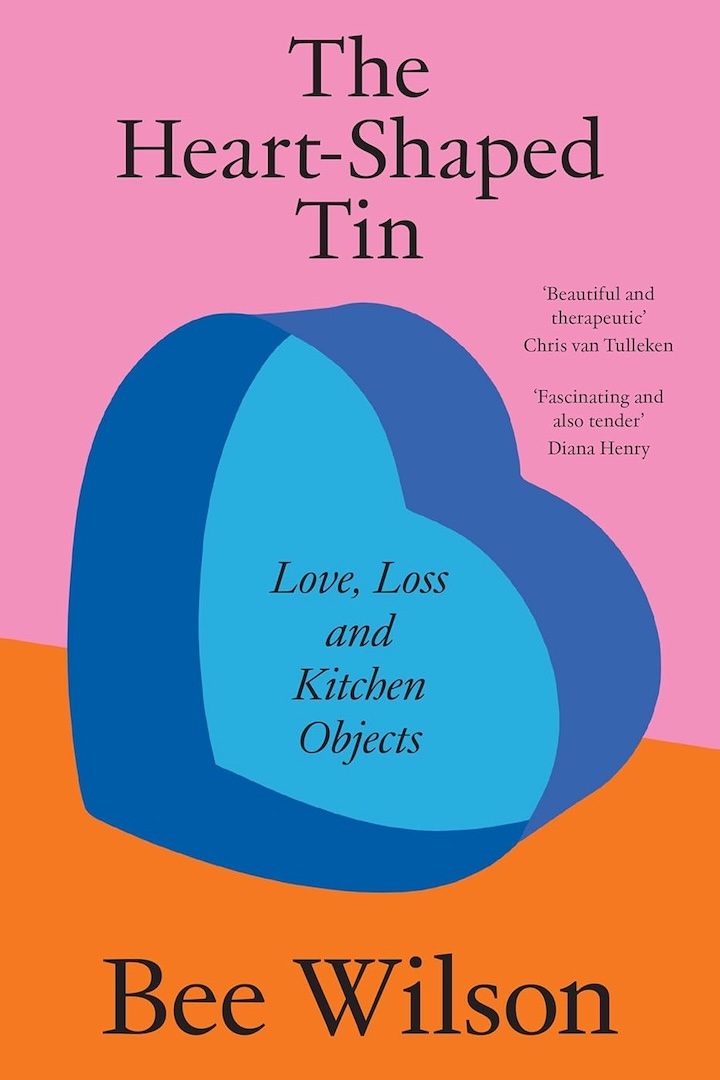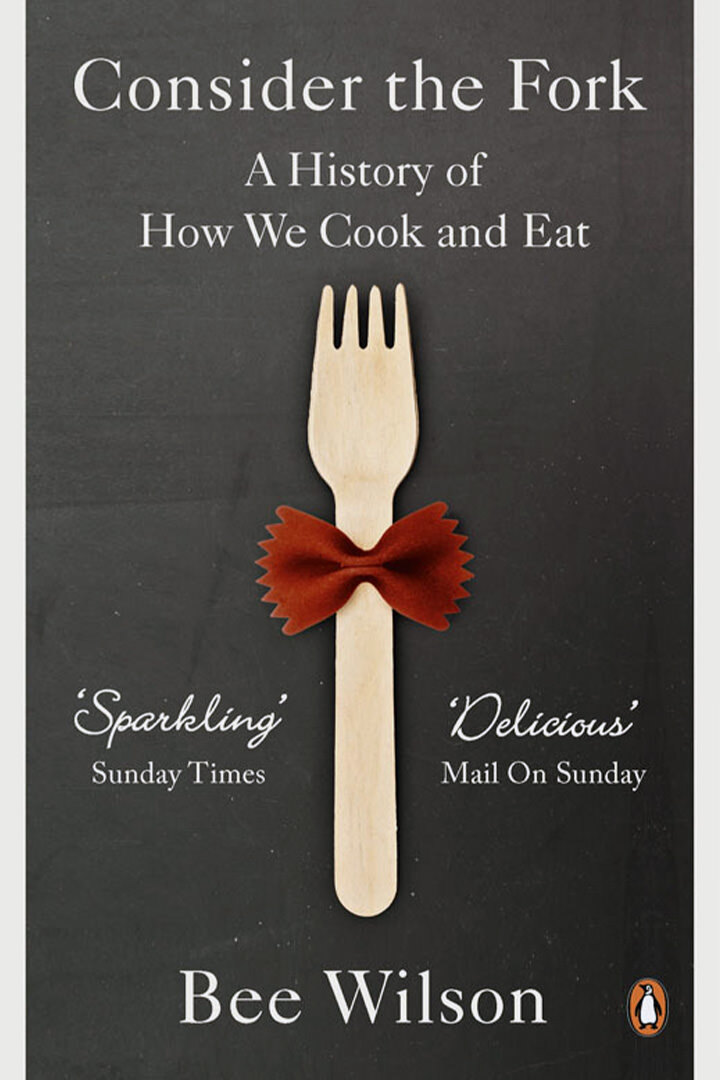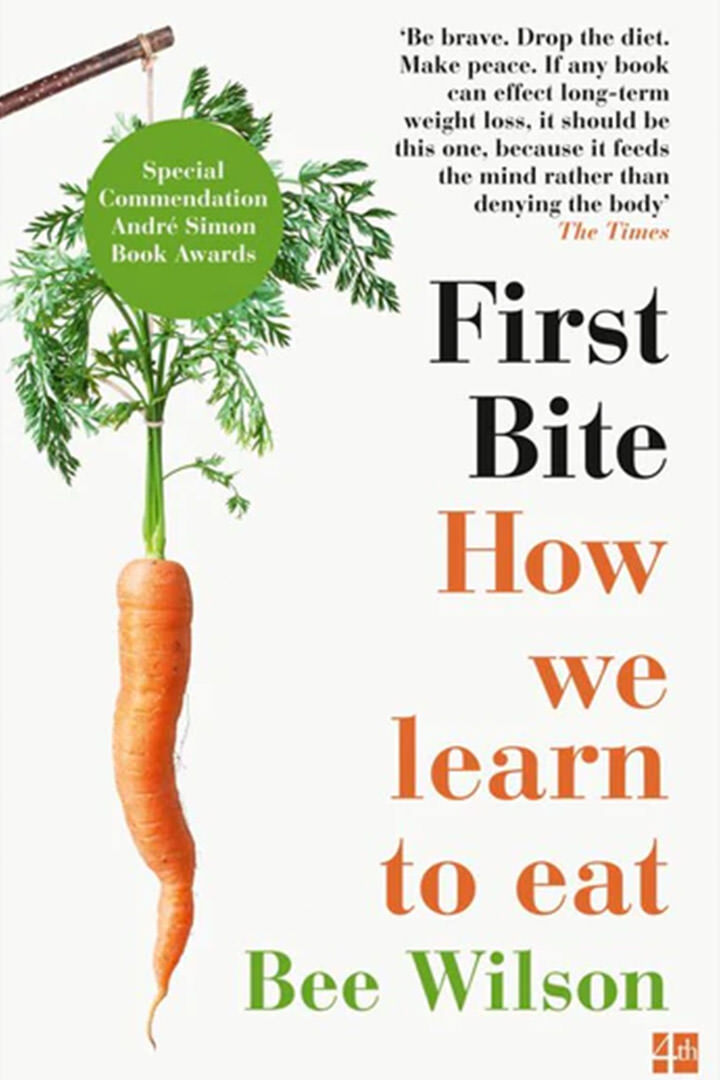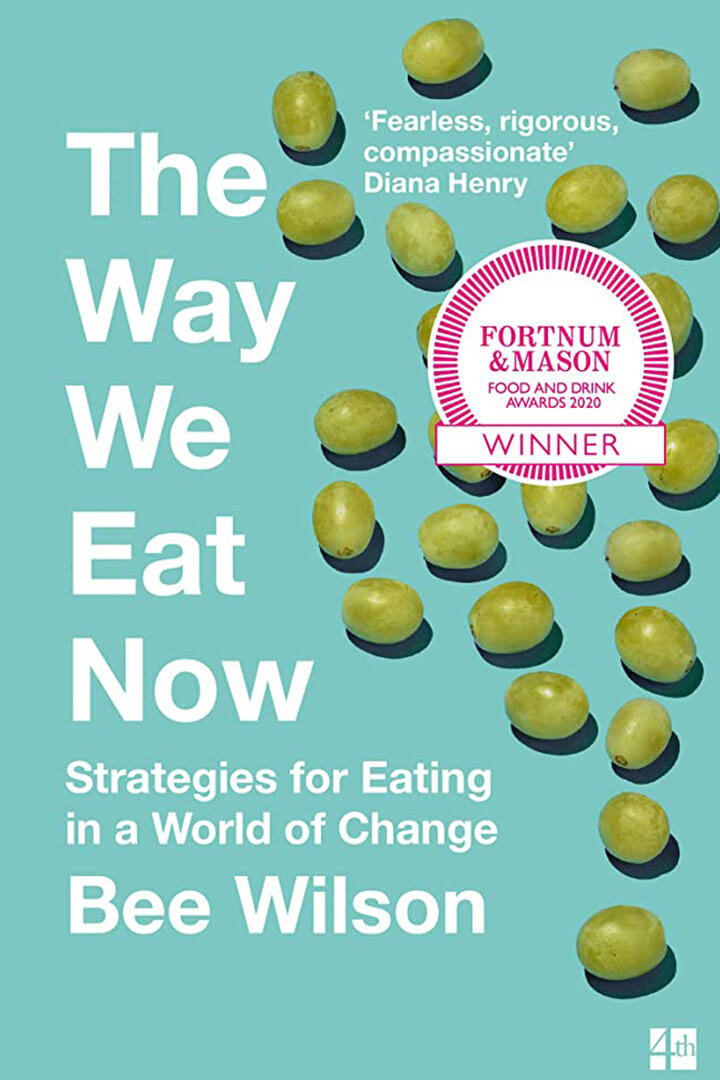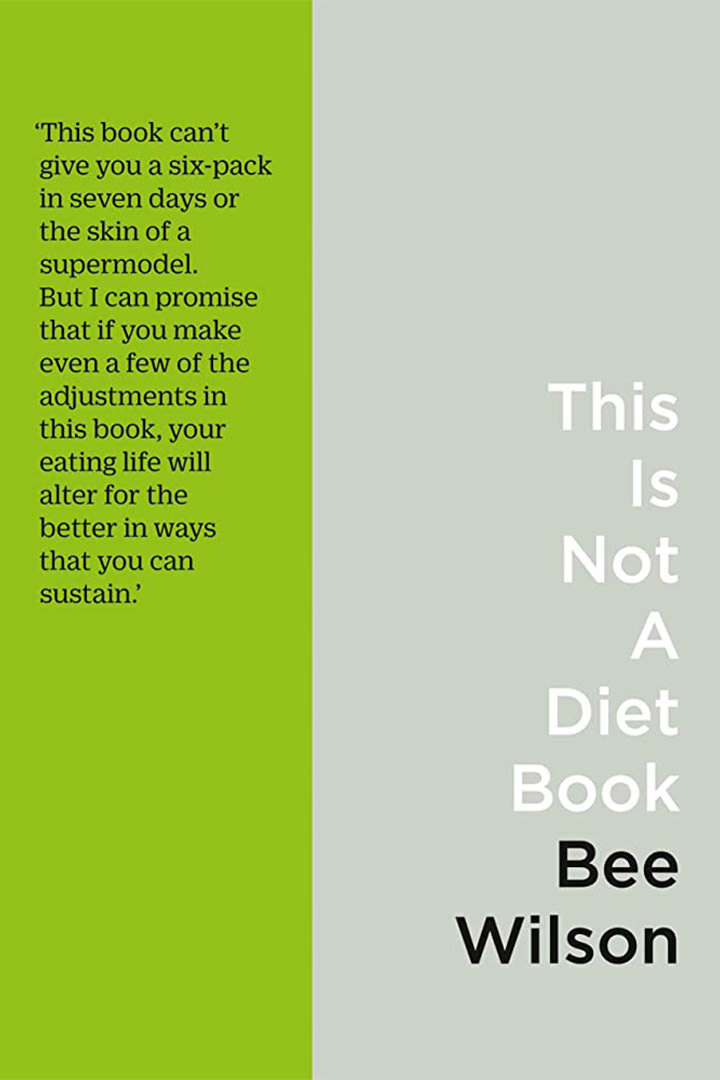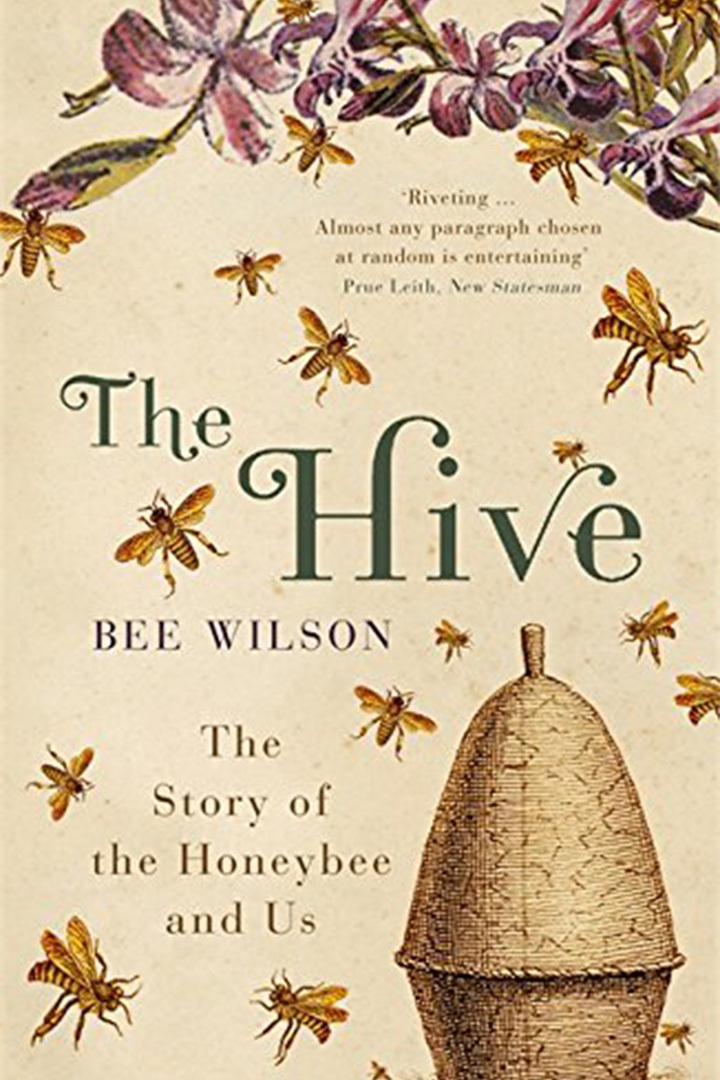TastEd
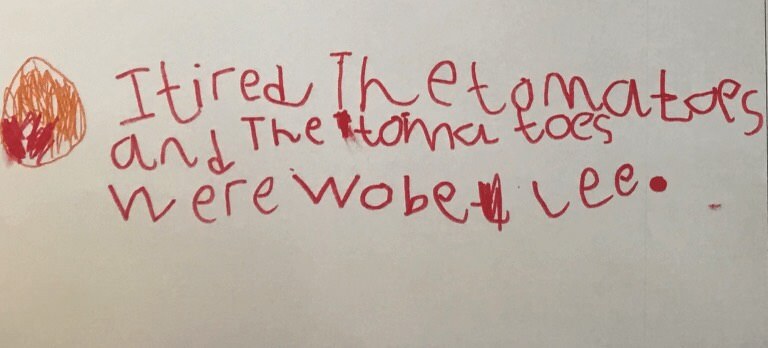
TastEd (short for Taste Education) is a charity I co-founded in 2019 along with head teacher Jason O’Rourke and Abby Scott (Abby is a former teacher who also grows some of the most delicious vegetables I’ve ever tasted).
You can read more about TastEd here.
The basic idea of the TastEd method is to give children opportunities to learn about food using all five senses in a spirit of fun and play. Taste education is designed to address the fact that many children in the U.K. and beyond have simply never been given the chance to experience a variety of fresh vegetables and fruits (for many reasons including poverty, the busy patterns of modern working lives which make it harder for families to share mealtimes and also cultural beliefs that children are not actually supposed to like vegetables). This approach is sometimes referred to as ‘sensory food education’. It’s based on the Sapere method which has been used in Sweden, Finland, France and Japan among other countries for many years. I’m proud to say that more than 700 schools and nurseries in the U.K. have now signed up to get the TastEd teaching resources, which are all completely free.
The idea is that if you give children the opportunity to handle fresh vegetables and fruits direct and treat it as a kind of game with no pressure to taste anything, they are far more likely to end up wanting to eat them. Most of the time when someone – children included – don’t like a food, the reason is lack of familiarity. The end goal of TastEd is preference change to enable children to have a healthier and more positive relationship with food. TastEd lessons can also be a first stepping stone before cooking lessons. But there are also all kinds of knock on effects, including improving the children’s writing skills. When you give someone a piece of food and ask them what they see or smell or feel or hear, the words flow out, even from children who do not consider themselves good at writing.
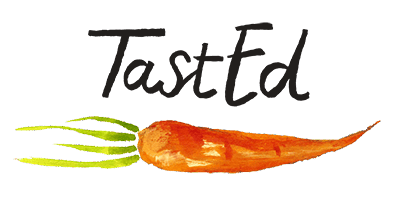
I never expected to find myself doing something like this. I saw myself as a writer, not an activist. But in the course of writing my book First Bite, I researched the Sapere method in Finland and was stunned to find that there was a way of teaching children about nutrition that as based on direct handling of food and a spirit of curiosity rather than the theoretical lectures about ‘5 a day’ which I had encountered in British schools. Several people read First Bite asked me why we didn’t have something similar for British children and I didn’t have a good answer.
Helping to set up TastEd has been one of the most rewarding things I’ve ever done. I have written many words – especially in my books First Bite and The Way We Eat Now – about the capacity of humans to change the way they eat for the better. And then I witnessed it in classes of thirty children – while piloting TastEd alongside primary school teachers – and realised that it was actually true. If you offer someone a piece of food for the first time – whether it’s green vegetables, a sprig of herbs, a plum, a tomato – in an atmosphere of freedom surrounded by friends and simply ask them to explore it with their senses, the vast majority of children will try it and end up liking it. Some of my favourite moments have involved watching children try their first slice of sour lemon, pulling a face and then going back for more. Not everyone will like everything and that’s also fine. TastEd aims to equip children with the language to express why they don’t like something (‘I didn’t like the mushrooms because they were slimy’, ‘I didn’t like the radish because it was spicy’) which can help them learn more about themselves and their tastes. But over time, pretty much everyone ends up liking a wider variety of vegetables and fruits if they are given the chance to try them in this sensory, playful way.
